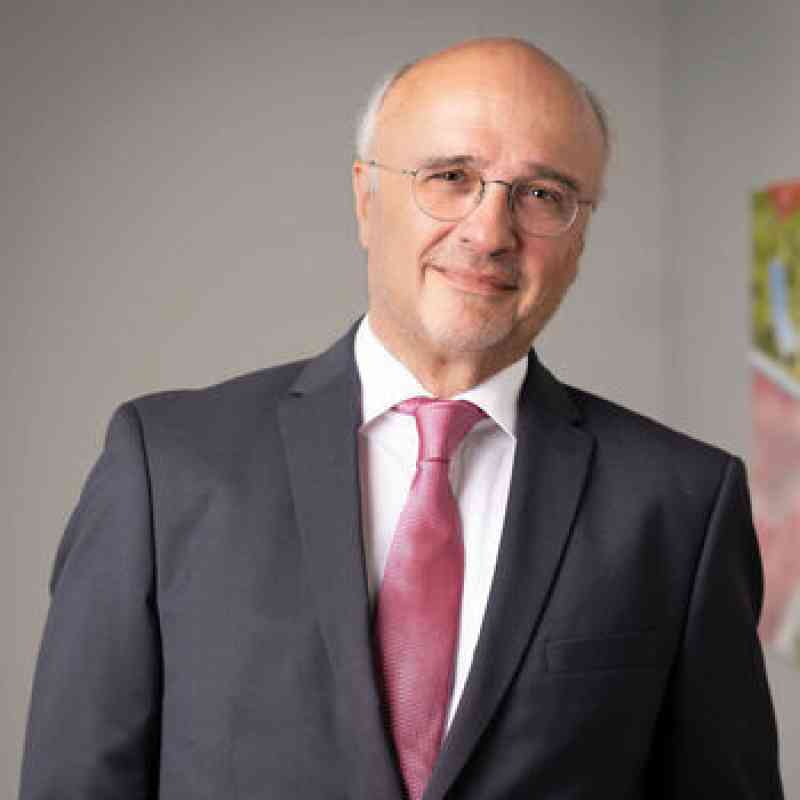Antitrust law in times of the COVID-19 pandemic
"Cartels no, cooperations yes"
On 2 September 2020, the President of the German Federal Cartel Office (FCO; Bundeskartellamt) Andreas Mundt, summarized the antitrust principle to be applied, by the FCO, during the COVID-19 pandemic: "cartels no, co-operation yes".
The FCO press release of 2 September 2020, making reference in particular to the FCO "Annual Report 2019" published on that day, quotes Mr. Mundt with the clear statement that even in economically difficult times there is no justification for illegal, anti-competitive agreements between and concerted practices of companies; the prosecution of cartels remains at all times a core task of the FCO. At the same time, however, his statements show that the FCO is willing to recognize, wherever possible, pandemic-caused co-operations among competitors as "cartel-free", emphasising the FCO's willingness to discuss related issues with the relevant market players.
In fact, the FCO has provided advice to numerous companies in recent months – despite the fact that the principle of cartel law self-assessment, by companies and their advisors, has been a pillar of the antitrust practice since 2003, namely since Cartel Regulation 1/2003 entered into force (and for small and medium-sized enterprises at least since 2009 (cf. Section 3 (2) former version of the German Act against Restraints of Competition [GWB]).
The current statements by the FCO President are also directly related to the "Joint Declaration of the European Competition Authorities on the COVID-19 Crisis", as published in March 2020. In this declaration, these agencies took the position already shortly after the outbreak of the COVID-19 pandemic that a restriction of competition is unlikely wherever the cooperation between companies is necessary to ensure the supply of all consumers and the fair distribution of scarce products. The competition authorities involved, including the FCO, stated that under the present circumstances they would not actively oppose necessary and temporary measures to prevent supply shortages; they also offered their "informal advice", as now reiterated by the FCO. To this end, the European Commission already adopted a “Temporary Framework” in April 2020, which also takes up the principles of the Joint Declaration.
For business practice, this means that even during the COVID-19 pandemic, it must be examined in detail and in each individual case whether (and, if so, to what extent) a specific cooperation with a competitor actually remains within the framework set by the cartel agencies and whether it makes sense to enter into a dialogue with them in this context. This is because the competition authorities have – once again and also in their Joint Statement – made it unmistakably clear that they will adopt decisive action against companies which exploit the special circumstances in the COVID-19 pandemic for cartel formation or even for abusing a dominant market position.
The EU/COMP team of Chatham Partners has a long track record of advising companies and their management on all aspects of antitrust law (merger control, antitrust and market power abuse, antitrust damages, antitrust compliance) and in numerous administrative and court proceedings. It regularly conducts (sector-focussed) training courses and webinars on these topics, most recently in October 2020 for the German Mittelstand Association (BVMW).


